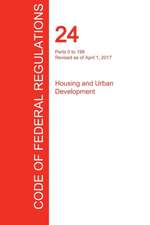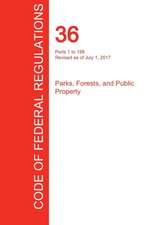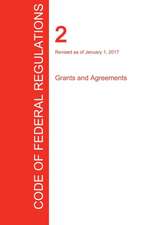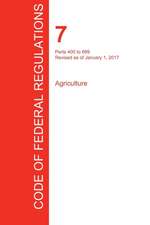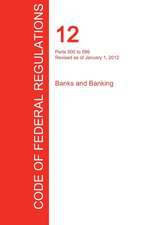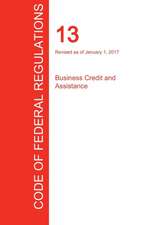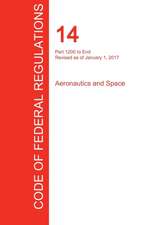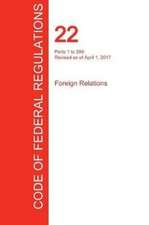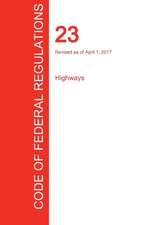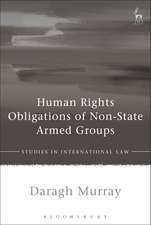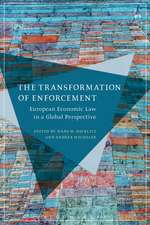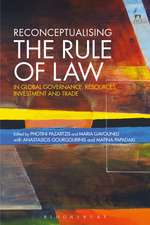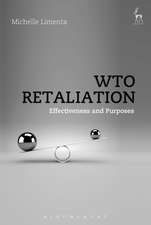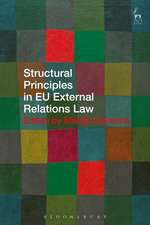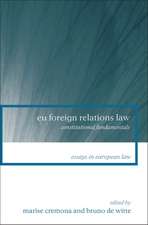The European Court of Justice and External Relations Law: Constitutional Challenges: Modern Studies in European Law
Editat de Professor Marise Cremona, Dr Anne Thiesen Limba Engleză Paperback – 28 sep 2016
| Toate formatele și edițiile | Preț | Express |
|---|---|---|
| Paperback (1) | 219.19 lei 6-8 săpt. | |
| Bloomsbury Publishing – 28 sep 2016 | 219.19 lei 6-8 săpt. | |
| Hardback (1) | 512.37 lei 6-8 săpt. | |
| Bloomsbury Publishing – 24 sep 2014 | 512.37 lei 6-8 săpt. |
Din seria Modern Studies in European Law
- 30%
 Preț: 575.75 lei
Preț: 575.75 lei - 24%
 Preț: 440.21 lei
Preț: 440.21 lei - 31%
 Preț: 594.77 lei
Preț: 594.77 lei - 30%
 Preț: 570.22 lei
Preț: 570.22 lei -
 Preț: 181.55 lei
Preț: 181.55 lei - 30%
 Preț: 541.93 lei
Preț: 541.93 lei - 30%
 Preț: 507.97 lei
Preț: 507.97 lei - 30%
 Preț: 790.77 lei
Preț: 790.77 lei - 34%
 Preț: 509.45 lei
Preț: 509.45 lei - 30%
 Preț: 511.64 lei
Preț: 511.64 lei - 19%
 Preț: 296.91 lei
Preț: 296.91 lei - 30%
 Preț: 571.34 lei
Preț: 571.34 lei - 19%
 Preț: 296.72 lei
Preț: 296.72 lei - 11%
 Preț: 375.73 lei
Preț: 375.73 lei - 30%
 Preț: 539.57 lei
Preț: 539.57 lei - 30%
 Preț: 595.65 lei
Preț: 595.65 lei - 27%
 Preț: 475.10 lei
Preț: 475.10 lei - 30%
 Preț: 572.80 lei
Preț: 572.80 lei - 30%
 Preț: 721.14 lei
Preț: 721.14 lei - 18%
 Preț: 320.53 lei
Preț: 320.53 lei - 18%
 Preț: 321.66 lei
Preț: 321.66 lei - 30%
 Preț: 600.57 lei
Preț: 600.57 lei - 19%
 Preț: 317.21 lei
Preț: 317.21 lei - 30%
 Preț: 571.34 lei
Preț: 571.34 lei -
 Preț: 464.01 lei
Preț: 464.01 lei -
 Preț: 239.77 lei
Preț: 239.77 lei - 30%
 Preț: 538.03 lei
Preț: 538.03 lei - 23%
 Preț: 418.50 lei
Preț: 418.50 lei - 29%
 Preț: 587.97 lei
Preț: 587.97 lei - 30%
 Preț: 774.62 lei
Preț: 774.62 lei - 30%
 Preț: 570.43 lei
Preț: 570.43 lei - 30%
 Preț: 574.10 lei
Preț: 574.10 lei - 28%
 Preț: 495.80 lei
Preț: 495.80 lei - 30%
 Preț: 575.33 lei
Preț: 575.33 lei - 30%
 Preț: 571.24 lei
Preț: 571.24 lei - 30%
 Preț: 510.34 lei
Preț: 510.34 lei - 30%
 Preț: 601.69 lei
Preț: 601.69 lei - 30%
 Preț: 513.60 lei
Preț: 513.60 lei - 18%
 Preț: 305.72 lei
Preț: 305.72 lei - 30%
 Preț: 972.83 lei
Preț: 972.83 lei - 30%
 Preț: 515.24 lei
Preț: 515.24 lei - 30%
 Preț: 539.99 lei
Preț: 539.99 lei - 30%
 Preț: 570.83 lei
Preț: 570.83 lei - 30%
 Preț: 571.82 lei
Preț: 571.82 lei - 29%
 Preț: 554.35 lei
Preț: 554.35 lei - 30%
 Preț: 572.06 lei
Preț: 572.06 lei - 13%
 Preț: 258.15 lei
Preț: 258.15 lei - 30%
 Preț: 574.59 lei
Preț: 574.59 lei
Preț: 219.19 lei
Preț vechi: 275.68 lei
-20% Nou
Puncte Express: 329
Preț estimativ în valută:
41.94€ • 43.79$ • 34.71£
41.94€ • 43.79$ • 34.71£
Carte tipărită la comandă
Livrare economică 04-18 aprilie
Preluare comenzi: 021 569.72.76
Specificații
ISBN-13: 9781509909902
ISBN-10: 1509909907
Pagini: 298
Dimensiuni: 156 x 234 x 21 mm
Greutate: 0.42 kg
Ediția:NIPPOD
Editura: Bloomsbury Publishing
Colecția Hart Publishing
Seria Modern Studies in European Law
Locul publicării:London, United Kingdom
ISBN-10: 1509909907
Pagini: 298
Dimensiuni: 156 x 234 x 21 mm
Greutate: 0.42 kg
Ediția:NIPPOD
Editura: Bloomsbury Publishing
Colecția Hart Publishing
Seria Modern Studies in European Law
Locul publicării:London, United Kingdom
Caracteristici
The contributors discuss the contribution of the Court to the formation of the EU as an international actor, the development of EU external relations law, and the constitutional challenges the Court faces in this context.
Notă biografică
Marise Cremona is Professor of European Law at the European University Institute in Florence. Anne Thies is Associate Professor of European and international law at the University of Reading.
Cuprins
1. Introduction Marise Cremona and Anne ThiesPART I THE CJEU'S ROLE IN THE DEVELOPMENT OF EXTERNAL RELATIONS LAW2. A Reticent Court? Policy Objectives and the Court of Justice Marise Cremona3. A Selfish Court? The Court of Justice and the Design of International Dispute Settlement beyondthe European Union Bruno de Witte4. A Powerless Court? The European Court of Justice and the Common Foreign and Security Policy Christophe HillionPART II JURISPRUDENCE AND THE ALLOCATION OF EXTERNAL COMPETENCE5. Vertical Division of Competences and the Objectives of the European Union's External Action Eleftheria Neframi6. The Case Law of the Court of Justice of the EU and the Allocation of External Relations Powers: Whither the Traditional Role of the Executive in EU Foreign Relations? Pieter Jan Kuijper7. The Potential for Inter-Institutional Conflicts before the Court of Justice: Impact of the Lisbon Treaty Peter Van ElsuwegePART III EXTERNAL RELATIONS, THE COURT AND THE UNION LEGAL ORDER8. General Principles in the Development of EU External Relations Law Anne Thies9. The Many Visions of Europe. Insights from the Reasoning of the European Court of Justice in External Relations Law Loïc Azoulai10. The Court of Justice's Participation in Judicial Discourse: Theory and Practice Christina EckesPART IV THE COURT AND THE INTERNATIONAL LEGAL SYSTEM11. The Kadi Case-Constitutional Core Values and International Law-Finding the Balance? Juliane Kokott and Christoph Sobotta12. The Arrangement Governing the Relationship between the ECtHR and the CJEU in the Draft Treaty on the Accession of the EU to the ECHR Joni Heliskoski13. Worlds Apart? Comparing the Approaches of the European Court of Justice and the EU Legislature to International Law Jan Wouters, Jed Odermatt and Thomas Ramopoulos
Recenzii
This book is essential reading for advanced researchers in EU external relations law that reaps fascinating insights from an academically diverse range of authors, collectively striving to further understand and explain the Court's true impact.
Descriere
In the recent development of the external dimension of the EU, the part played by the European Court in developing EU external relations law has been under-examined. This book remedies that lack by assessing the role of the ECJ in this sphere.


